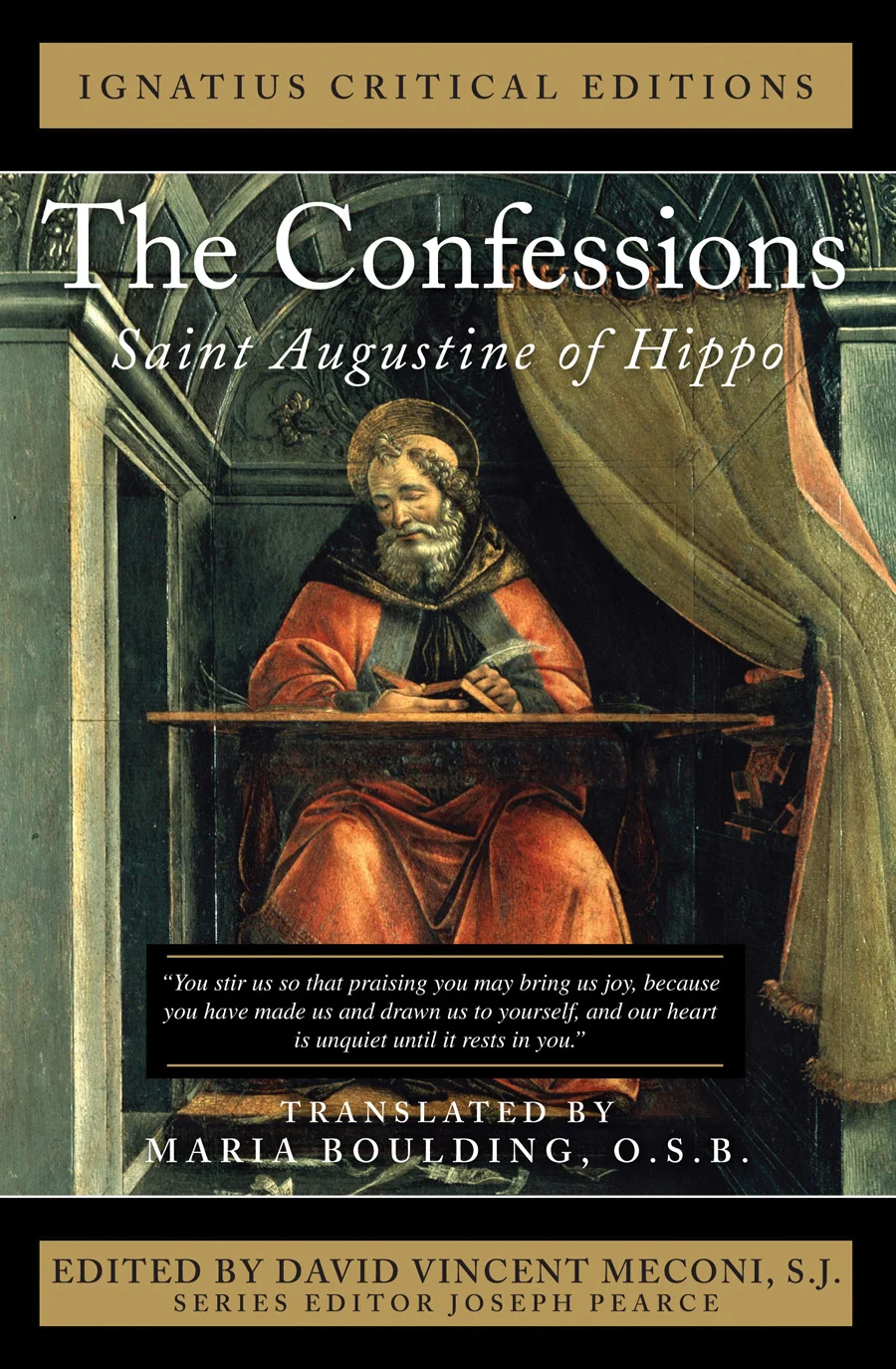The evidence keeps growing that families need help controlling technology in their homes, but this is a subject most megachurch pastors would have trouble addressing with a straight face.
"Talking about this subject in many of our churches would be … controversial for reasons that are rather ironic," said author Andy Crouch, senior communication strategist for the John Templeton Foundation in Philadelphia. "Pastors would be preaching in churches dominated by giant video screens and lots of them now ask their people to tweet sermon feedback right there in the service. The technology is everywhere."
It's hard to talk about controlling today's digital-screens culture without being accused of advocating a semi-Amish retreat. But at some point, he said, parents who care about faith, morality and character will have to develop some strategies. For starters, their children will need to hear, over and over: "Our family is different."
Clergy could help parents face this task. But that would require them to address hot-button issues ranging from online porn to whether parents should give children smartphones. It would also require saying, "Our church is different."
Crouch doesn't have easy answers for any of these questions. His new book, "The Tech-Wise Family," includes "Crouch Family Reality Check" pages detailing the struggles behind the principles he recommends. While his family uses candles at its screens-free dinners, Crouch admits that his home's number of Apple devices is in double digits.
Obviously, it's hard to observe any kind of "digital Sabbath" in which all these screens go dark for an hour, a day or even a week, said Crouch. Nevertheless, trying to control this digital lifestyle is a subject religious leaders should discuss with their flocks.
"If we don't have some rhythm with these things -- in terms of when we use them and when we don't -- then they're using us, instead of us using them," he said. But it's crucial to remember that, "we're not saying all this technology is bad. It's good, when used as part of a Christian family culture. That's what takes planning and commitment.








